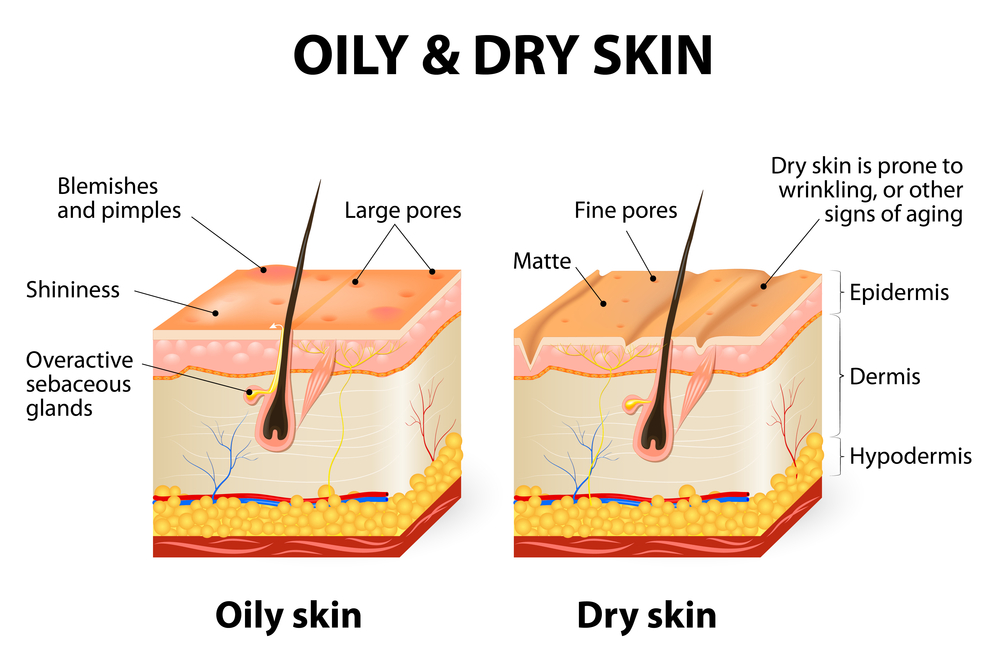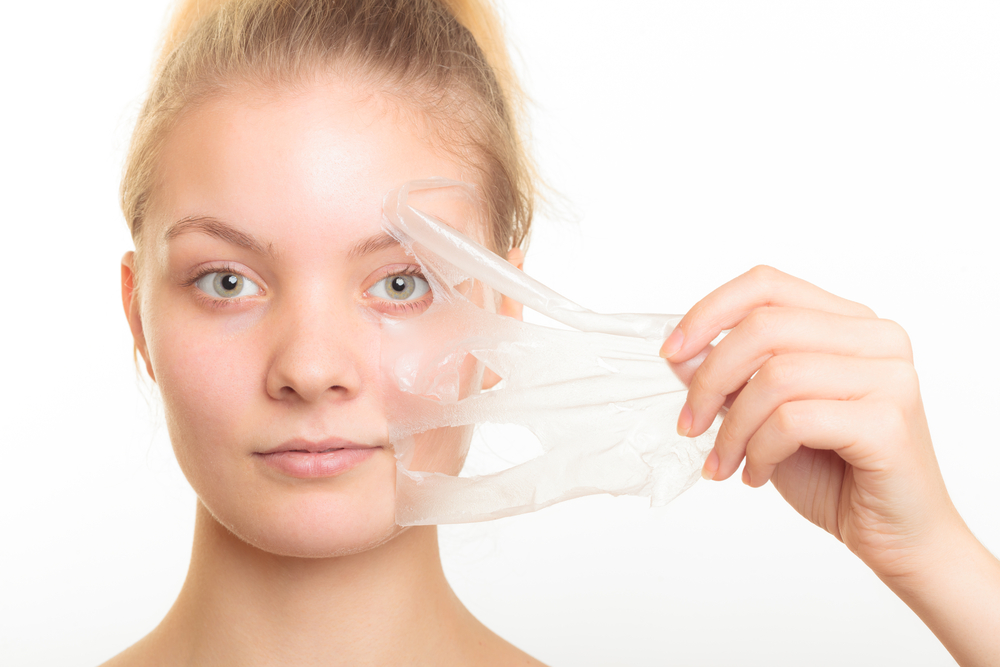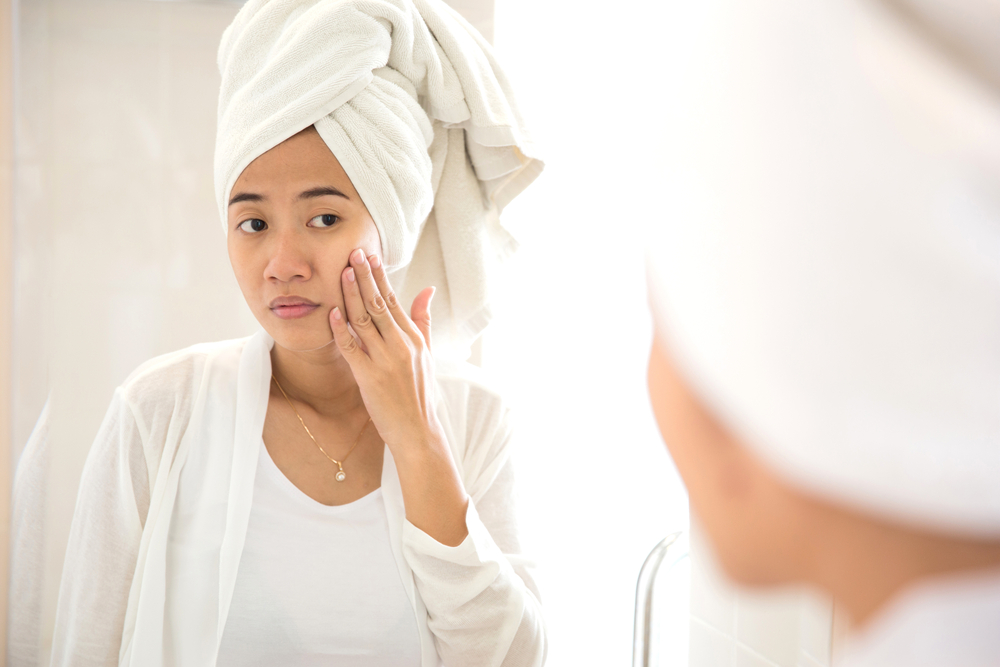Oily skin is due to the presence of overactive sebaceous glands that are affected by different factors including hormones, heat, humidity and aggressive washing or scrubbing. Still, there is a need to have some good oily skin control and prevention techniques.
While the body naturally secretes oil to help keep the skin healthy and moisturized, too much production of oil can lead to breakouts. Again, removing all oils from the skin also leads the body to produce more oil.
How to prevent oily skin
Excessive oil on the skin can be a breeding ground for several infections. It creates a greasy texture and looks unappealing. Such a skin is more prone to blackheads and breakouts. Learning how to prevent oily skin may take some time and patience as you try to find the tips that work best for your skin type. Here are some oily skin solutions.
Use Sunscreen – Just as any other type of skin, oily skin too requires protection from the harsh rays of the sun. However, the regular sunscreens can wreck havoc on the skin, leading to blockage of pores and causing breakouts. It is recommended that you use a sunscreen that comes with a minimum of SPF 15 or higher.
Use oil-free products- While using cosmetics to control oily skin, keep in mind to avoid products that comprise oil. You can choose products that contain small amounts of Serecite or salicyclic acid which help to absorb oil and decrease pore size. Use a foundation that is a shade lighter than your skin color as the oil in your skin will make your makeup dark. You can use a light moisturizer and an oil-free toner prior to applying foundation.
Have a healthy diet – Consuming a healthy diet is good for your overall health and is one of the important oily skin solutions. Include a diet that is rich in antioxidant foods such as blueberries, carrots, spinach, and other brightly colored fruits and vegetables. Make sure to eat foods that comprise Omega-3 fatty acids, which help to enhance the skin texture.
Stay away from fatty, sugary and processed foods as these can cause breakouts on your skin. Also, it is very important to drink plenty of water to help flush out toxins and keep your skin hydrated and supple.
Do a proper cleansing – Clean your face with a mild cleanser that is suitable for oily skin every morning and evening. Avoid scrubbing it too vigorously. Massage your face gently with the cleanser and rinse it off with plenty of water.
Use a blotting paper – You can use blotting paper throughout the day to absorb the excess oil from your skin.
Avoid heavy lotions – Stay away from creamy, rich moisturizers and lotions that will make your skin even oilier. This will make it difficult for your makeup to stay put as well. Use a gel, lotion that is easily absorbed by the skin and will help to control oily skin.
Also Read: Care Your Skin by Following Certain Tips
Avoid touching and picking at your face – Every time you touch your face or pick at the pimples, you are adding to the oil on the skin and creating a breeding ground for bacteria. Popping your zits can leave permanent scars on the face.
Don’t skip using moisturizer – Oily skin too requires moisture, so don’t miss this crucial step. Most women with oily skin believe that oily skin does not need moisture, which is a myth. Use an oil-free moisturizer to keep your skin hydrated.
Don’t over medicate – When there is a breakout on the skin, it can be tempting to use treatment to control oily skin. This can do more harm than good. Consult your dermatologist and opt for a treatment that helps manage your skin without any dangers.
Don’t sleep on dirty pillow covers – You spend eight hours resting your face on your pillow and over time they gather grease, dirt and grime, which can affect your skin. Change your pillow covers as frequently as possible.
Also Read: Smooth Skin Again: Removing Acne Scars
Nobody has a perfect skin. By understanding your skin type and working with it, you can take steps to control oily skin and have a clean and oil-free face. Follow these steps to take good care of your skin.





